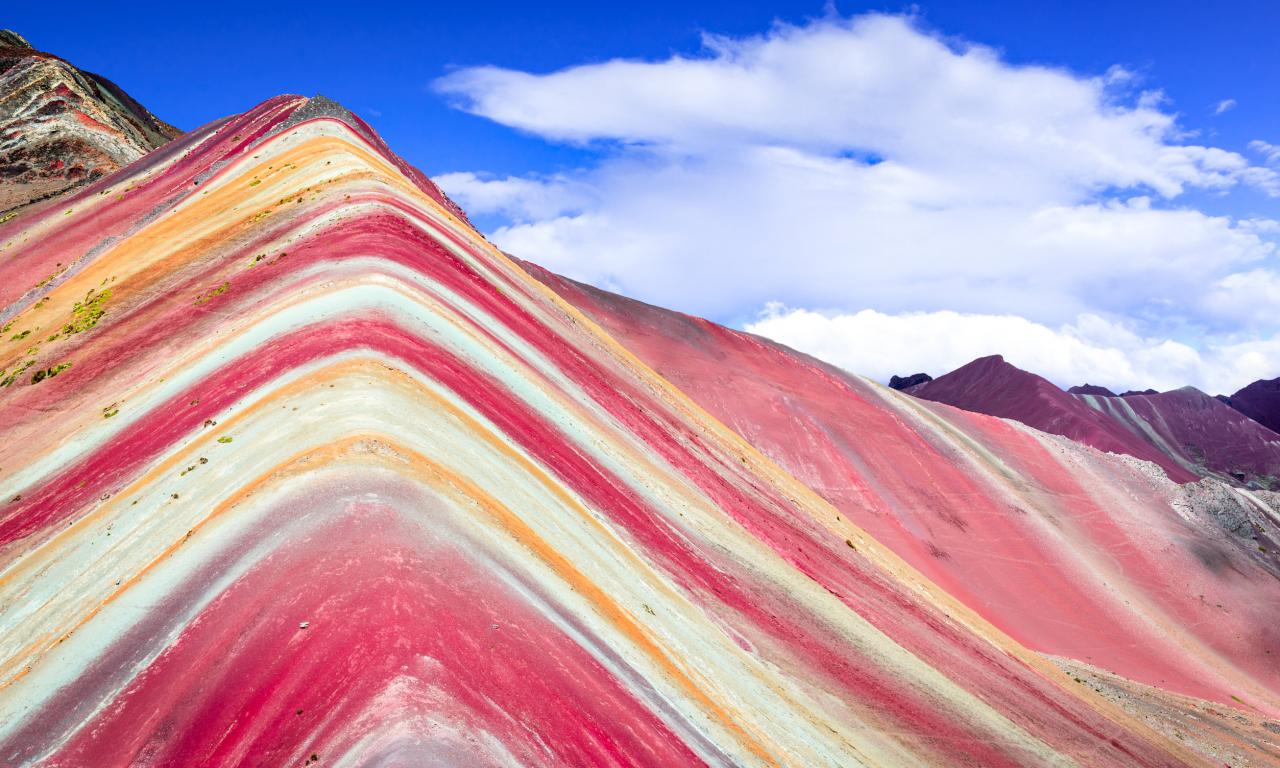If you love science and maths, but don’t like the idea of specialising in one stream of science, then Geology offers a great opportunity to use Science and Maths skills, without having to limit your choices!
A career in geology can offer field or lab-based careers, so whether you’re outdoors person or not, there’s something for everyone.
Most careers and jobs in Geology require a geology-based undergraduate degree, and the need for a post-graduate qualification in a geology-based subject, is becoming more necessary.
To get onto a Geology degree programme, you’re going to need GCSE Maths and English, alongside A Levels.
Usually, universities will ask for several science based A Levels, such as Chemistry, Physics or Biology, alongside Maths.
A GCSE or A level in Geology or Geography is helpful, but not a pre-requisite to get onto a geoscience-based degree programme, but good general Maths and Science skills are essential – it’s surprising how much Maths you use for a Geology degree!
Given the international nature of Geology, knowing another language such as French, German or Spanish could be useful, and as some field locations can be remote, a willingness to fly, along with a driving licence, is also beneficial!
Great written and oral communications skills are essential, and specialist IT skills, based around industry specific software, GIS and modelling packages, will give you better employment chances within the sector, although many universities give students the opportunity to learn these packages during the time at university.
A geology degree programme offers lots of variety in learning methods, compared to other programmes, and you will usually find that over the three or four years you study, you will get to take part in lectures, tutorials, lab based study, and fieldwork.
However, universities are very good at taking into consideration specific student needs, so if you think an aspect of this might be difficult to complete, it’s always worth talking to your prospective university to see how they might be able to accommodate your requirements.
Generally, there are frequent fieldwork excursions, allowing you to develop your field skills, and usually culminates in an extended fieldwork trip at the end of your degree programme to collect field data for your final mapping project.
This is the equivalent of the dissertation seen in other subjects, and gives you the opportunity to show off the skills you have learnt in a field report, usually accompanied by a field map, and a “Viva”, a short presentation on your report to your tutors, who will question you on your report and discuss any interesting aspect or issues.
With about 40 UK universities offering geoscience, there’s plenty of choice when looking for an institution that suits your needs best, however some of the top rated options, according to The Complete University Guide , include:
- University of Cambridge
- Imperial College London
- University of Oxford
- Durham University
- University of St Andrews
- University of Leeds.
After completing your undergraduate degree, most students hoping to develop a career in geology go onto further study, taking on a MSc, or PhD, but ultimately, there are lots of career options including:
- Mining and quarrying
- Energy production
- Engineering
- Environmental geology
- Hydrogeology
- Teaching
- Research
Specific roles you might consider undertaking once you have completed your degree are:
- Geochemist
- Geophysicist
- Field assistant
- Mine geologist
- Mud logger
- Meteorologist
- Petroleum geologist
- Geoscientist
- Geotechnical engineer
- Hydrographic surveyor
All of these roles are currently in high demand, so finding a job once you graduate hopefully shouldn't be too much of an issue!
Some popular geoscience employers include BP, ExxonMobil, The Environment Agency, and the British Geological Survey, amongst others.
If you're interested in applying for a Geology degree, take a look at our UCAS Application Guide and Geology Personal Statement Examples for inspiration.
This post was originally published in March 2018, but has been updated to reflect changes over the last few years in the Geology field.
Further information
For more tips and advice on getting into a Geology career, please see:
- Choosing a degree
- Choosing a university
- Should I apply to Oxbridge?
- Geology Personal Statement Examples
- The Geological Society
- The Times




